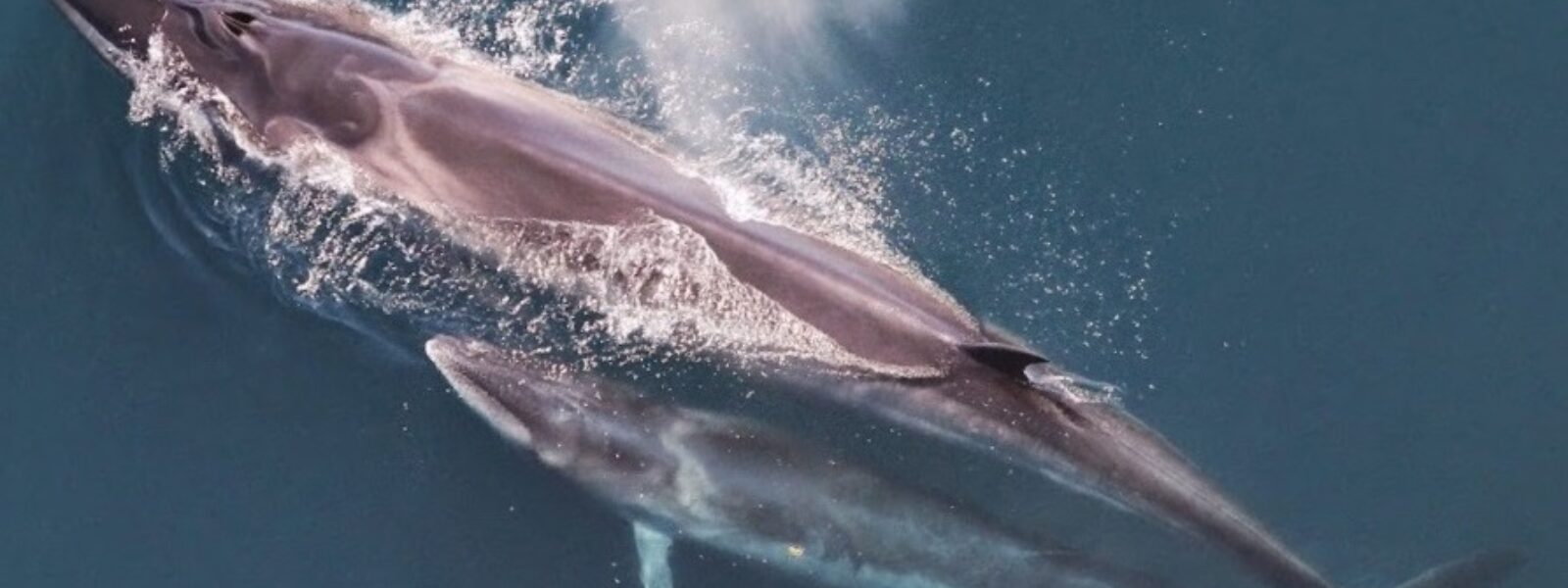
CITES Rules Japan Whaling Violates International Law
Japan’s government continues to issue so-called “scientific” permits for their whaling operations to go after a variety of whale species, including the sei whale in the North Pacific, one of the species that suffered decline due to whaling during the mid-20th century.
Now, the Convention on Trade in Endangered Species (CITES) has made it official – Japan can’t claim to be hunting endangered sei whales for “scientific research” purposes when the government continues selling the whale meat.
The International Whaling Commission (IWC) implemented a moratorium on commercial whaling in the 1986-87 Antarctic season. Japan instantly switched over from hunting whales for commerce to issuing scientific permits to its whaling fleet, maintaining their annual hunts in Antarctica for minke whales and in the North Pacific for several species, including sei whales. Initial quotas were low, but have increased during the passing years.
In the past sixteen years alone, Japan’s fleets have killed about 1,500 sei whales for so-called “science,” but then selling the meat in Japan in restaurants, markets, and even the Internet. Since most people in Japan are not interested in buying any whale meat, much of the meat ends up in cold storage units, piling up each year.
Sei whales are mid-sized baleen whales, reaching up to 60 feet long. But because larger species like blue and fin whales were decimated by whalers to very low numbers worldwide in the mid-twentieth century, smaller whales like sei whales became targets of the whaling industry. Sei whales, along with many other species of great whales, are now considered endangered by the International Union for the Conservation of Nature (IUCN).
Since Japan’s whaling takes place in international waters, the CITES Standing Committee ruled that Japan had violated trade restrictions for this endangered species. Japan has until Feb. 1st, 2019, to fix their violation and report back to CITES. Reports in Japan media claim Japan’s government will make changes to their whaling plans to comply with the CITES decision, likely reducing or eliminating hunts for sei whales while continuing the slaughter other whales.
In September, the IWC once again rejected Japan’s proposal for renewing commercial whaling and ending the moratorium. In 2014, the International Court of Justice ruled that Japan’s so-called “scientific” whaling in Antarctica was really for commercial purposes and therefore violates the IWC Convention. Japan stopped the Antarctic hunts for one year, and then renewed them with 1/3 the quota previously for minke whales (from 1,000 per year down to 333 per year).
Several non-governmental organizations were key to this victory at CITES: The Animal Welfare Institute, Humane Society International, the International Fund for Animal Welfare, and Whale & Dolphin Conservation.
The International Marine Mammal Project of Earth Island Institute is leading the effort to pressure the Japanese government to end the killing of whales and dolphin permanently in light of the upcoming Olympics in Tokyo in 2020.
